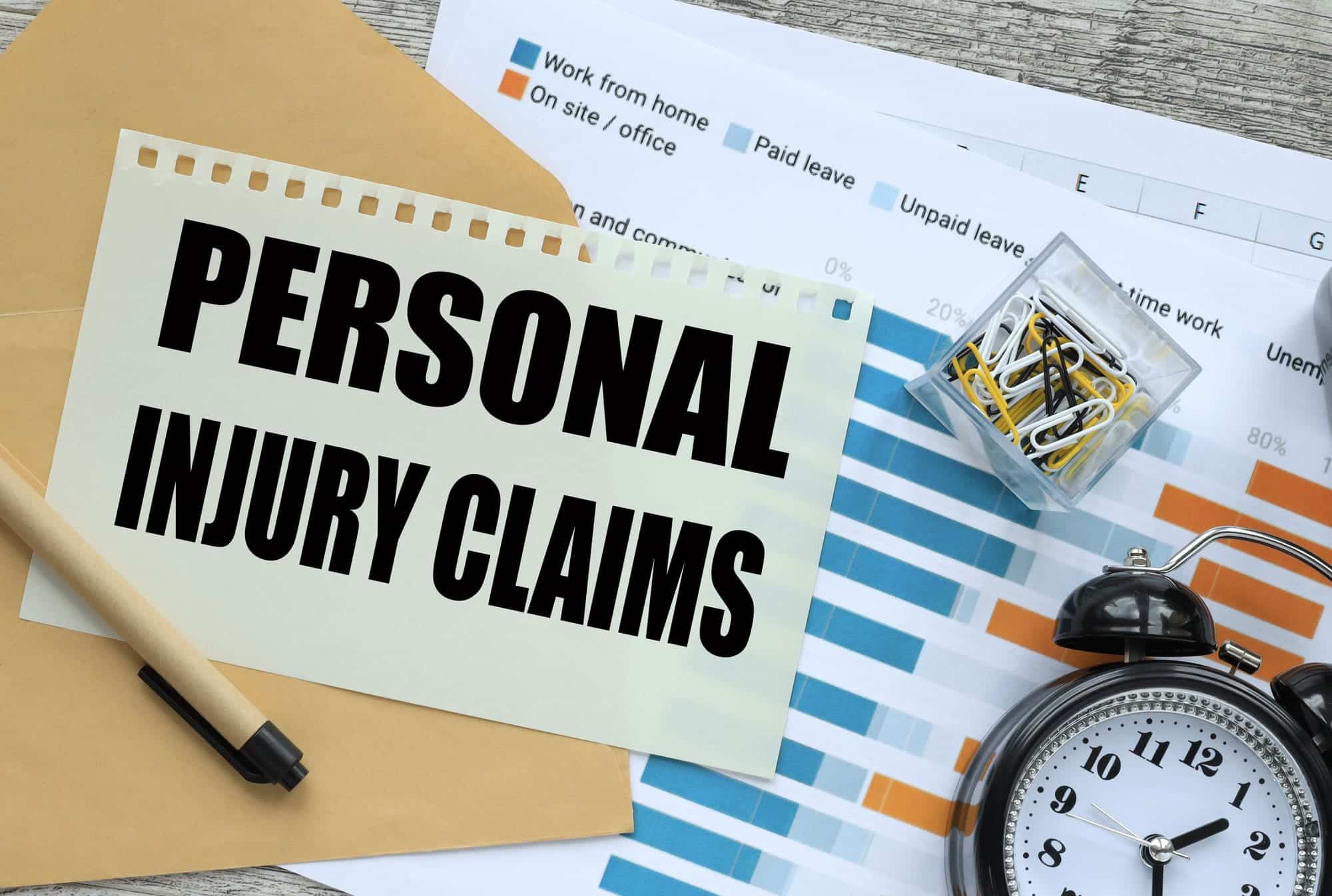
A personal injury claim enables you to seek compensation following physical and emotional injuries and financial losses arising from an accident that was due to somebody else’s negligence. Making mistakes when filing your case can have detrimental consequences. Errors can fetch you less compensation than you deserve or cause you to lose the case entirely.
Knowing what to do when filing a personal injury case can help lower the risk of errors, raising your winning chances. Outlined below are seven mistakes to avoid when filing a personal injury case.
Personal injury claims are complex and have a stringent process that must be followed, accompanied by deadlines, evidence to collect, and lots of paperwork. Understanding personal injury cases and the processes involved is key to a successful outcome. Your lack of knowledge and experience can result in costly errors that can lead to you being awarded less compensation than you deserve.
Also, you may have challenges negotiating with insurers as they’re always looking for ways to pay less or not pay at all. Consider hiring a personal injury attorney instead of handling the claim yourself. Their skills, experience, and understanding of the law will help ensure the most favorable outcome, such as the highest possible compensation.
If you’ve been injured in an accident that someone else is responsible for, seeking prompt medical attention is vital, particularly if you intend to file a personal injury claim. Waiting too long to see a doctor and get your injuries diagnosed and treated can compromise your case. Insurance adjusters might argue that your injuries weren’t due to the accident.
Also, the defendant’s lawyer can use that against you in court, jeopardizing your winning chances. To avoid this issue, seek medical attention as soon as possible after being involved in an accident and document your injuries.
Documenting your injuries and medical reports can help prove that you suffered injuries following an accident. It helps form the basis for a solid personal injury claim. Failure to document your injuries after an accident makes it hard for your lawyer to prove your claim. Consider taking photos of your injuries immediately after you sustain them, make copies, and store them safely.
After your injuries are examined and treatment begins, document your medical reports. These documents act as relevant proof that your personal injury attorney can use to build a strong case.
It’s normal for insurance companies to approach accident victims to get recorded statements from them. Doing so without your attorney’s guidance or advice can compromise your winning chances. This is because you might divulge details you shouldn’t, some of which may be used against you by the insurance company. As such, you shouldn’t give any statements to the insurance company without your lawyer’s advice or presence.
Personal injury claims are time-bound and governed by laws known as statutes of limitations, which vary by state. Failure to file your claim within the stipulated timelines robs you of the right to claim compensation. Consult your attorney for advice on when to file your claim to safeguard your right to compensation.
Filing a personal injury claim without gathering sufficient evidence makes it hard to prove your case, lowering your winning chances. Sufficient, relevant proof is key to:
When it comes to personal injury claims, different types of evidence help strengthen and support your case. They include:
When it comes to personal injury claims, different types of evidence help strengthen and support your case. They include:
Employment records: They come in handy in claims where the accident led to reduced earning capacity or lost wages because they act as proof of the injuries’ financial impact on your income and employment
Undervaluing your personal injury claim means you’ll get less compensation than you deserve. When you overvalue your claim, you risk getting no compensation or less than you should. Correct claim valuation is critical when filling your personal injury case. Several factors influence your claim’s worth, including:
Your personal injury attorney will help ensure your claim is valued correctly.
How you handle your personal injury claim significantly impacts the outcome. Familiarize yourself with the mistakes to avoid when filing a personal injury claim.
Find A Doctor | New York Doctors | New Jersey Doctors | Connecticut Doctors
Medical Services | Conditions Treated | Insurance | Contact Us | Privacy Policy | Site Map | Terms of Service | Blog | Advertising
This site does not provide or endorse any medical or legal advice. All medical practices listed on this site are independently owned and operated by licensed physicians. Learn more
Copyright © var currentYear = new Date().getFullYear();document.write(currentYear); Injured Call Today. All Rights Reserved.
